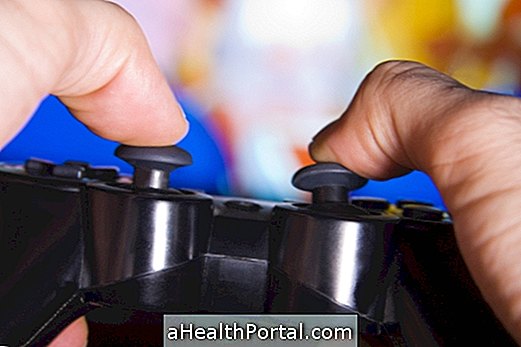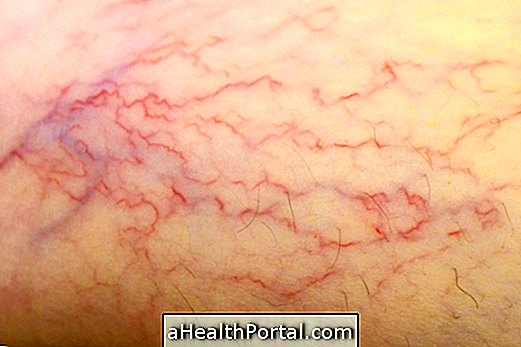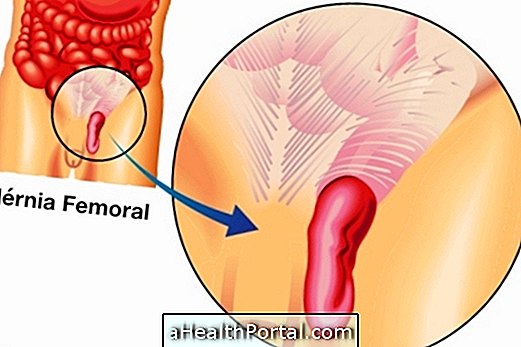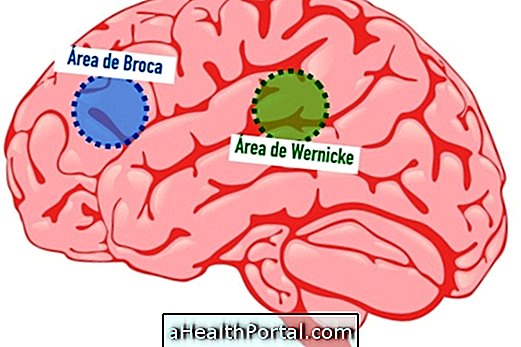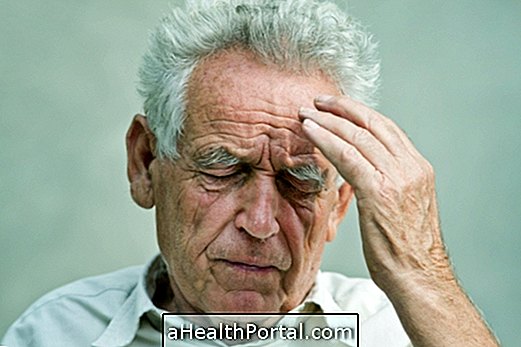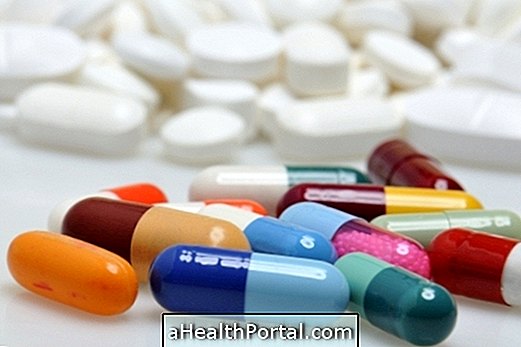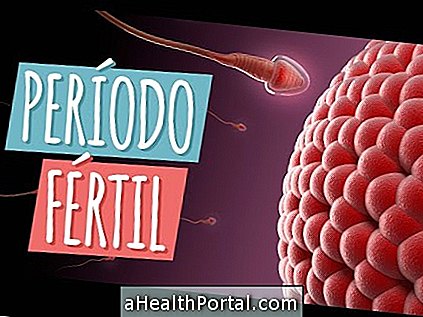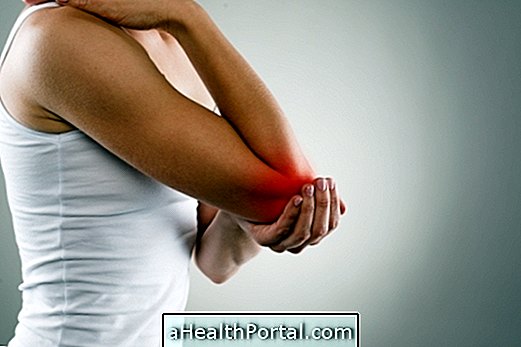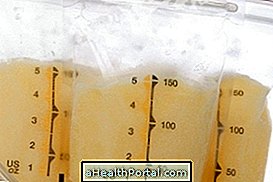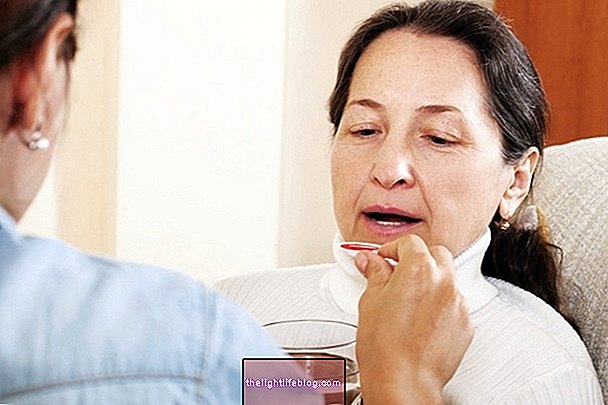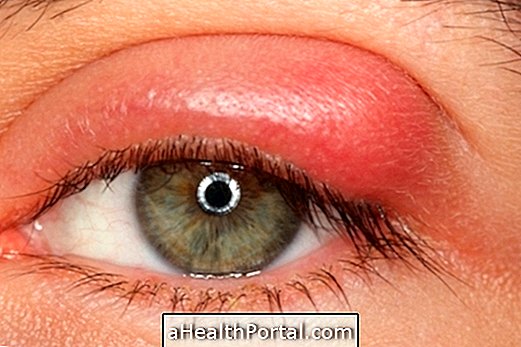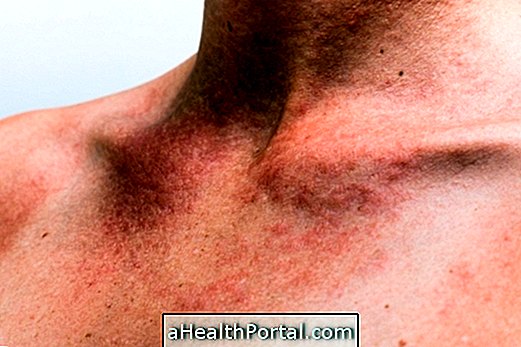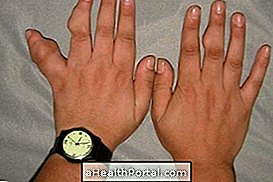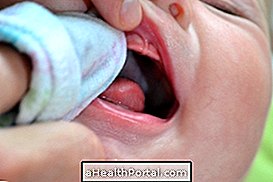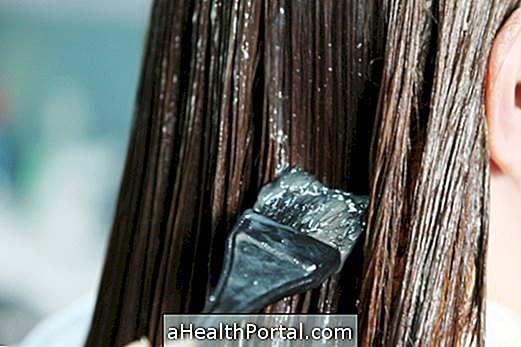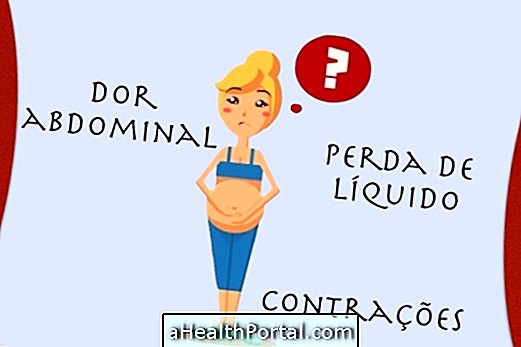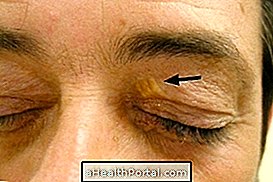Sudden cardiac arrest occurs when the heart stops pumping blood into the body causing immediate fainting and making the person stop breathing and have no pulse.
In such cases, medical help should be called, dialing 192, and immediately initiate cardiac massage to try to replace heart function and keep the blood circulating until the ambulance arrives. See the video how to do it:
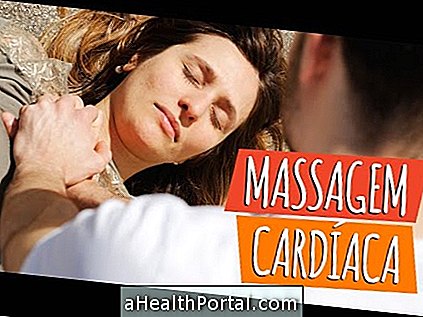
Although in most cases cardiac arrest presents with initial symptoms such as excessive tiredness, difficulty breathing, chest pain or sickness, for example, sudden stop there is no warning, happening in a few seconds.
See a step-by-step guide on what to do in case of cardiac arrest.
4 main causes
There are several causes that can cause sudden cardiac arrest, especially heart disease. Thus, if you experience frequent chest pains, palpitations, or shortness of breath, it is important to see a cardiologist to see if there are any problems that need to be addressed, avoiding the occurrence of a sudden stop.
1. Cardiac infarction
Heart infarction is caused by the presence of a clot within a coronary artery, and when this happens, there is a part of the heart that is left without receiving the blood needed to function. Thus, if the infarction affects the region that produces the electrical stimuli for the heart's functioning, it is common for it to stop working suddenly without causing alarm signals.
Possible symptoms : In most cases there are no symptoms, but chest pain, a feeling of shortness of breath, dizziness and tingling in the arms, for example.
How to treat : Heart attack is an emergency that needs to be treated as soon as possible. Therefore, you should immediately call 192 and start cardiac massage.
2. Coronary heart disease
Most cases of sudden cardiac arrest occur in people who have coronary heart disease because the arteries become full of cholesterol, making it difficult for blood to flow to the heart, causing a heart attack-like situation.
Possible symptoms : fatigue when performing simple tasks such as climbing a flight of stairs, cold sweats, dizziness or frequent nausea.
How to treat : The treatment should be guided by a cardiologist but includes regular practice of physical activity, healthy eating and medication to control pressure or diabetes, for example.

3. Excessive stress or exercise
Although it is one of the rarest causes, too much stress or too intense physical exercise can also cause sudden cardiac arrest. This happens especially in those who already have a history of heart disease due to an increase in adrenaline levels or a decrease in potassium and magnesium levels in the body.
Possible symptoms : When there is an excess of adrenaline, an increase in heart rate can occur, so frequent heart palpitations are very common. Already in the absence of potassium and magnesium is more common to appear excessive tiredness, tremors, nervousness and difficulty to catch in the sleep.
How to treat : It is usually necessary to supplement with magnesium or potassium to balance the levels of these minerals in the body.
4. Cardiac arrhythmia
Most cardiac arrhythmias do not cause life-threatening and allow a good quality of life when the treatment is done properly. However, there are rarer cases where an arrhythmia of ventricular fibrillation may arise, which is malignant and can cause sudden cardiac arrest.
Possible Symptoms: Arrhythmias usually cause a lump in the throat, cold sweats, dizziness, and frequent shortness of breath. In these cases, one should go to the cardiologist to assess the arrhythmia and find out its type.
How to treat: The treatment is usually done with medicines, however it may be necessary to do surgery in some cases to restore the normal heart rhythm. Learn more about the treatment of this problem.
Who is most at risk
In addition to the above causes, people at increased risk for sudden cardiac arrest usually have factors such as:
- History of heart disease in the family;
- Be a smoker;
- Have high blood pressure and high cholesterol;
- Having obesity;
- Do not practice regular exercise.
In these cases, it is always important to have regular consultations with the cardiologist to assess the health of the heart and to assess whether there is any disease that needs to be treated.

